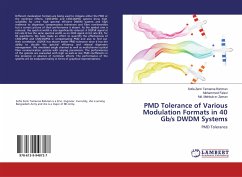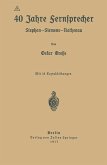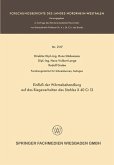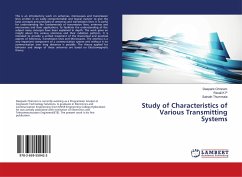Different modulation formats are being used to mitigate either the PMD or the nonlinear effects. CSRZ-DPSK and CSRZ-DQPSK systems show high suitability for ultra- high spectral efficient DWDM systems and high resilience to dispersion compensation tolerances and fiber nonlinearities but a correct picture of their performance is absent. As the symbol rate is reduced, the spectral width is also significantly reduced. A DQPSK signal at bit rate B has the same spectral width as an OOK signal at bit rate B/2, for RZ waveforms. We have made an effort to quantify the effectiveness of CSRZ-DPSK and CSRZ-DQPSK in compensating PMD and also to find out their correlation. DQPSK has shown better PMD tolerance since it has the ability to double the spectral efficiency and relaxed dispersion management. We simulated single channel as well as multichannel optical fiber communication systems with varying parameters. The performances of the systems are evaluated with high as well as low PMD coefficients in the presence or absence of nonlinear effects. The performance of the systems will be evaluated mainly in terms of graphical representations.
Bitte wählen Sie Ihr Anliegen aus.
Rechnungen
Retourenschein anfordern
Bestellstatus
Storno








